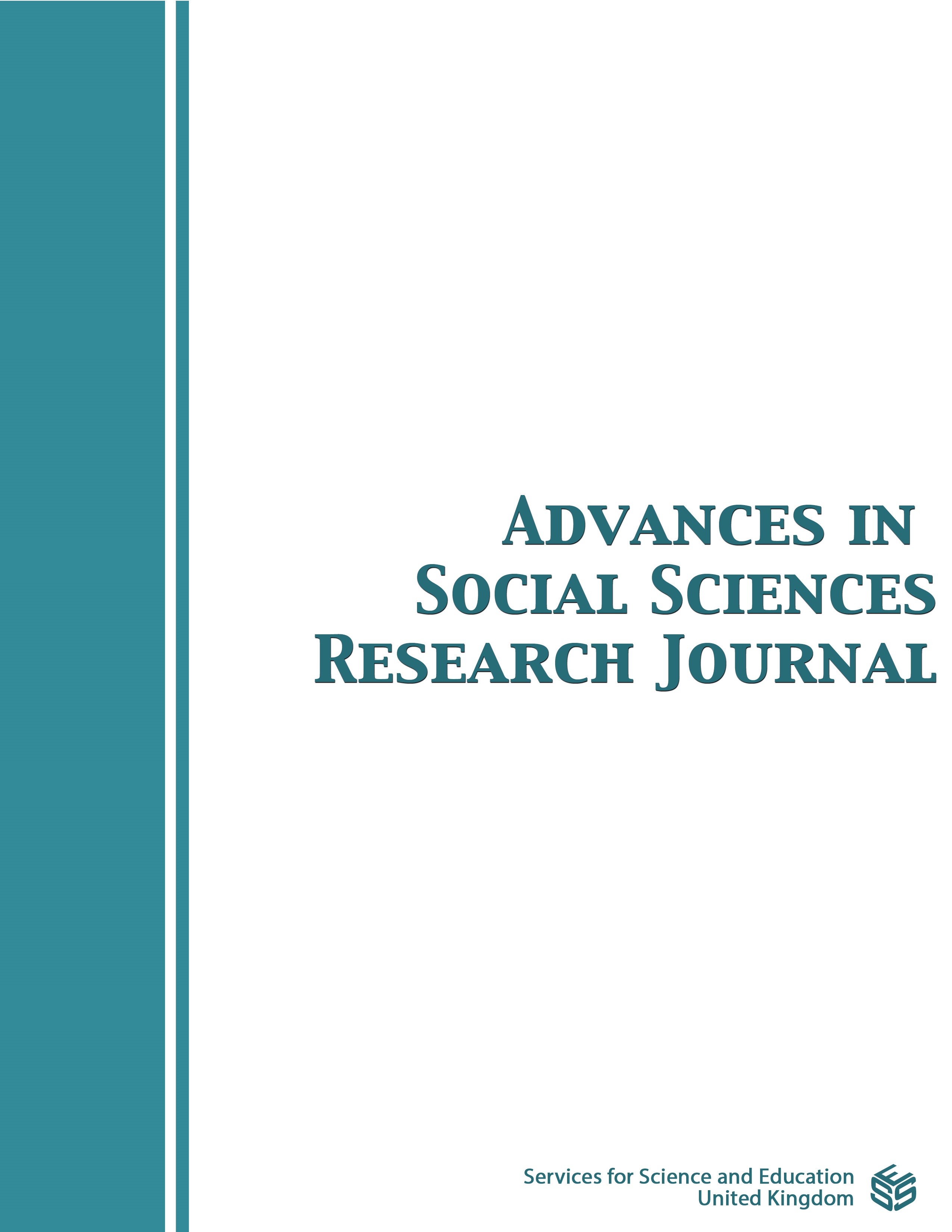Disputed Lands and the Seeds of Utopia: Rethinking Development in the Context of Climate Change
DOI:
https://doi.org/10.14738/assrj.114.16261Keywords:
Environmental mobilization, climate change, defense of farmlandsAbstract
Since the end of the 2010s, there have erupted throughout France and elsewhere in Europe local conflicts based on a common cause, the defense of farmlands. Local populations, farmers, citizen collectives and associations of activists have mobilized against projects involving urban development, infrastructure and trading or business areas, and taken issue with the political choices regarding the redevelopment of the territory in the name of the preservation of biodiversity and adaptation to climate change. In this article, we present the results of a qualitative sociological survey focused on the conflicts over the defense of farmlands in the southeast of France. We show how are constructed, at local scale and following a militant territory-based dynamic, citizen collectives and environmentalist associations which are vectors of social transformation. This mobilization is not only related to the defense of farming but embodies alternative development projects that involve the occupation of lands, such as the Zones à Défendre (ZAD) movement. Through the current defense of farmlands, one of the key components of the renewal of environmental protests is at issue and is expressed, by which the deployment of alternative local experimentation is a vector of a transformative utopia.
Downloads
Published
How to Cite
Issue
Section
License
Copyright (c) 2024 Chantal Aspe, Marie Jacqué

This work is licensed under a Creative Commons Attribution 4.0 International License.
Authors wishing to include figures, tables, or text passages that have already been published elsewhere are required to obtain permission from the copyright owner(s) for both the print and online format and to include evidence that such permission has been granted when submitting their papers. Any material received without such evidence will be assumed to originate from the authors.






